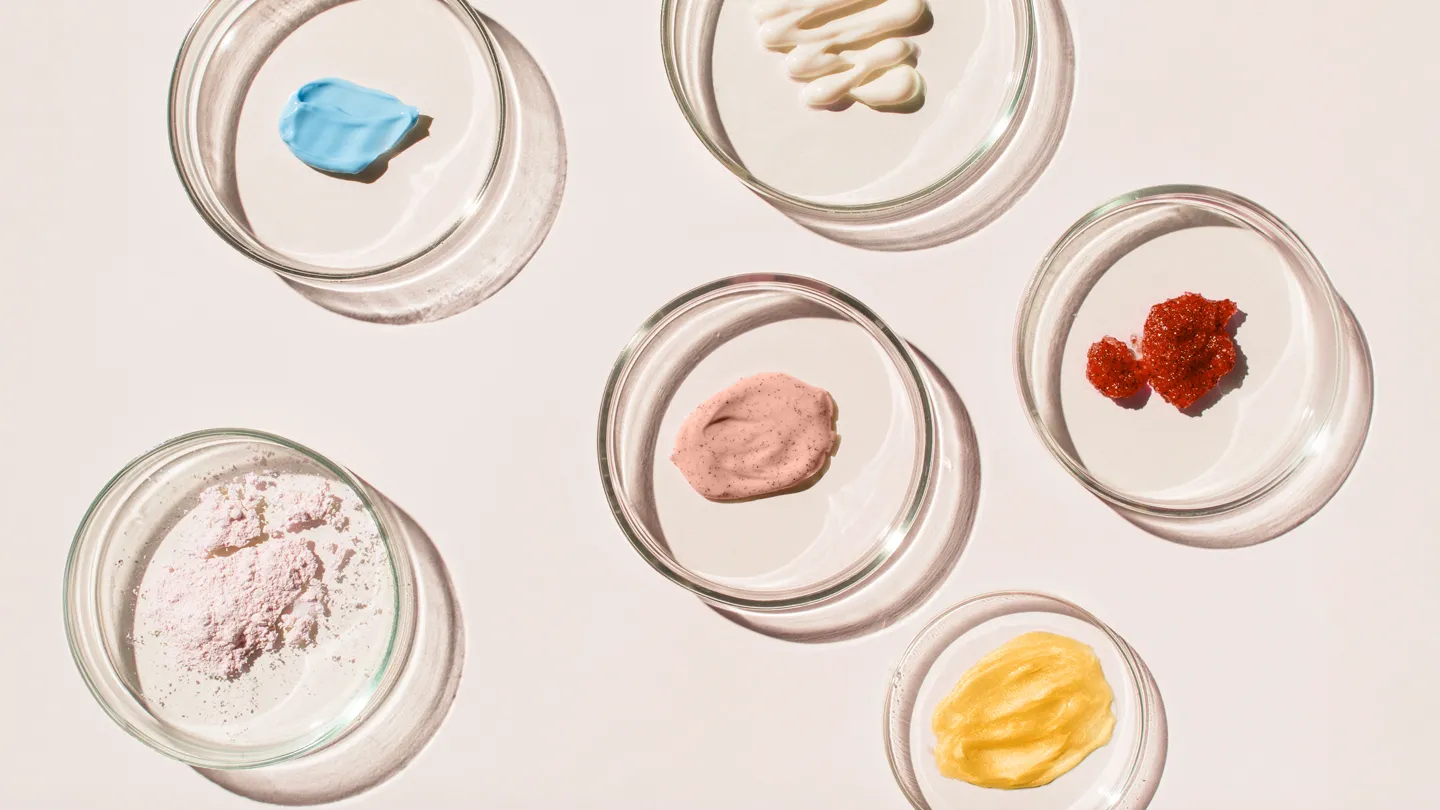The Ayurvedic Approach to an Anti-Inflammatory Diet
Inflammation is the root cause of most chronic diseases. An ayurvedic anti-inflammatory diet aims to reduce inflammation in the body through food and lifestyle practices. Ayurveda, a natural system of medicine that originated in India over 3,000 years ago, offers a holistic approach to reducing inflammation and promoting optimal health.
How Does Diet Cause Inflammation?
Inflammation is a normal immune response triggered by injury or infection. However, chronic inflammation that persists even without threat can damage tissues and organs. Factors that contribute to chronic inflammation include:
- Unhealthy diet high in processed foods, refined carbohydrates, and inflammatory fats
- Food sensitivities or allergies
- Imbalance of gut bacteria
- Chronic stress
- Obesity
- Lack of exercise
From an ayurvedic perspective, inflammation arises from accumulation of toxins and imbalances in the body and mind. An anti-inflammatory diet minimizes factors that generate inflammation and promotes lifestyle habits that reduce inflammation.
Principles of an Ayurvedic Anti-Inflammatory Diet
These are some of the key principles of an ayurvedic approach to an anti-inflammatory diet:
- Emphasize fresh, whole foods that are easy to digest
- Favor cooling and minimally processed foods
- Choose organic and local when possible
- Tailor diet to suit your body type or dosha
- Practice mindful eating habits
- Stay adequately hydrated with fluids
- Reduce intake of inflammatory foods
- Manage stress through yoga, meditation, etc.
Anti-Inflammatory Foods to Include
Fill your diet with these nourishing and inflammation-fighting foods:
- Vegetables: Dark leafy greens, broccoli, celery, beets
- Fruits: Berries, citrus fruits, pineapple, papaya, pomegranate
- Herbs and spices: Turmeric, ginger, basil, cinnamon, garlic
- Healthy fats: Coconut oil, olive oil, ghee
- Proteins: Legumes, nuts and seeds, lean meat, eggs
- Beverages: Green tea, herbal tea, lemon water
- Whole grains: Brown rice, millet, quinoa, oats
Foods to Avoid or Minimize
Limit intake of these inflammation-provoking foods:
- Refined sugars and carbohydrates
- Fried and processed foods
- Excess red meat and dairy
- Artificial additives and preservatives
- Alcohol, coffee, sodas
14 Ayurvedic Herbs and Spices for Inflammation Relief
Ayurveda recognizes certain herbs and spices as powerful healers due to their unique medicinal properties. When incorporated into cooking or taken as supplements, they can help counter inflammation.
1. Turmeric
The golden spice turmeric contains the compound curcumin which has been shown to have remarkable anti-inflammatory and antioxidant effects. Curcumin blocks inflammatory cytokines and enzymes linked to chronic disease. Add turmeric generously to curries, soups, smoothies.
2. Ginger
Ginger possesses anti-inflammatory, antibacterial and digestive benefits. The gingerols and shogaols in ginger inhibit inflammatory enzymes. Sip ginger tea or add fresh ginger to stir fries, juice and desserts.
3. Cinnamon
Cinnamon balances blood sugar, reduces systemic inflammation and combats free radical damage. Sprinkle cinnamon powder into curries, smoothies and baked goods, or drink cinnamon tea.
4. Garlic
Garlic has sulfur-containing compounds that exhibit potent anti-inflammatory properties. It may also help protect heart health. Use garlic powder or crushed garlic regularly in cooking.
5. Basil
Holy basil or tulsi is an adaptogenic herb that helps counter stress-related inflammation. Brew tulsi tea or add fresh basil leaves to salads, soups and stir fries for an anti-inflammatory lift.
6. Cardamom
Cardamom has antioxidant and anti-inflammatory properties that help fight infections and promote gut health. Add ground cardamom to desserts, curries, and tea for a flavor and inflammation-fighting boost.
7. Fennel
Fennel aids digestion and provides anti-inflammatory benefits for joints and tissues. Chew fennel seeds after meals or add fennel powder to dishes for better inflammatory regulation.
8. Cloves
The phenolic compounds in cloves have antioxidant and anti-inflammatory properties. Cloves also relieve oral inflammation. Add ground cloves to curries, tea and desserts like apple pie.
9. Black Pepper
Black pepper contains anti-inflammatory piperine that protects against free radical damage. Pair black pepper with turmeric for enhanced absorption. Add to soups, curries and stir fries.
10. Cayenne Pepper
Cayenne pepper has capsaicin that reduce inflammatory markers linked to arthritis and joint pain. Add a pinch of cayenne to dishes for an anti-inflammatory kick.
11. Coriander
All parts of the coriander plant have antioxidant activity that prevents inflammatory damage. Use coriander seeds and fresh cilantro leaves in cooking for extra benefits.
12. Mustard Seeds
Mustard seeds exhibit anti-inflammatory effects on joints, muscles and cartilage. Add mustard seeds to curries, stir fries and salad dressings.
13. Fenugreek
Fenugreek relieves inflammation, balances cholesterol and stabilizes blood sugar. Add fenugreek seeds to dals, soups and teas for better inflammation regulation.
14. Ashwagandha
Ashwagandha is an adaptogenic herb that lowers cortisol and helps combat stress-related inflammation. Take organic ashwagandha supplements or add powder to drinks.
The Ayurvedic Anti-Inflammatory Diet Lifestyle
Besides diet, adopting an ayurvedic lifestyle also promotes lower inflammation and better health.
Get Regular Exercise
Performing regular moderate exercise such as walking, swimming, yoga helps reduce inflammation. Avoid being sedentary for prolonged periods.
Manage Stress
Chronic stress leads to inflammation and disease. Practice meditation, yoga, breathwork to calm the mind and body.
Get Enough Sleep
Not getting quality sleep negatively affects inflammatory pathways. Adults should aim for 7-9 hours of restful sleep per night.
Quit Smoking
Smoking triggers inflammatory chemicals and damages tissues and cells. Quit smoking to minimize inflammation.
Visit an Ayurvedic Practitioner
Get a customized ayurvedic diet, herb and lifestyle plan for your specific constitution from a trained practitioner.
Conclusion
The ancient wisdom of Ayurveda offers a holistic approach to reducing inflammation through dietary and lifestyle changes. An ayurvedic anti-inflammatory diet is built on whole plant foods, herbs and spices, while minimizing inflammatory triggers. Adopting ayurvedic principles of eating and living helps restore balance and promotes good health.
FAQs
What are the best anti-inflammatory foods?
Some top anti-inflammatory foods are leafy greens, berries, citrus fruits, olive oil, fatty fish, nuts, seeds, herbs like turmeric and ginger, spices like cinnamon and garlic, green tea, and fruits like pineapple and papaya.
What should I avoid in an anti-inflammatory diet?
Avoid processed foods, artificial additives, refined carbohydrates, sugary foods, fried foods, alcohol, and foods like red meat and full-fat dairy which may trigger inflammation.
How can I incorporate anti-inflammatory foods?
Add anti-inflammatory foods like fresh fruits, vegetables, herbs, spices, teas, healthy fats and plant proteins to your regular meals and snacks. Prepare smoothies, salads, soups, tea blends using these ingredients.
What lifestyle habits reduce inflammation?
Regular exercise, adequate sleep, stress management through yoga and meditation, and avoiding smoking/alcohol help lower inflammation along with an anti-inflammatory diet.
Should I take anti-inflammatory supplements?
Herbal supplements like turmeric, ginger, boswellia, ashwagandha, omega-3 fatty acids are safe anti-inflammatory options. Check with your doctor before starting any new herbs or supplements.
Disclaimer: This article is for informational purposes only and does not constitute medical advice. Always consult with a healthcare professional before starting any new treatment regimen.
Related Coverage
Runny or watery lotion can seem defective but lightweight gel moisturizers have benefits. Learn what causes thinning lotions and how to use them effectively....
Those with IBS can usually tolerate pure protein powders like whey isolate, collagen and hypoallergenic plant proteins. Tailoring to individual intolerances prevents flares....
Choose the right knee brace for running to aid injury recovery, prevent pain, and provide joint stability during training. Compare sleeve, strap, and hinged brace options....
Learn the best spots on your body to administer the weight loss injection Wegovy. Follow techniques for properly injecting in the abdomen, thighs, arms, and buttocks....
Learn how anti-inflammatory herbs like turmeric, ginger, garlic and spices like cinnamon, cayenne, cloves naturally reduce joint swelling and arthritis pain....
Protocol for Life Balance Bone Support contains evidence-based amounts of bone-supportive vitamins, minerals and nutrients. Learn how it builds and maintains strong, healthy bones....
Death's inevitability contains much that remains unknown, yet insights from research provide wisdom on how we might approach our remaining days with more purpose and presence....
Methotrexate for autoimmune disease raises infection risk. Learn evidence-based ways to nourish immunity with nutrition, sleep, stress relief alongside this RA and arthritis medication....
Discover delicious and healthy white snack ideas that will satisfy your cravings without compromising your health. From Greek yogurt parfaits to whole-grain crackers with hummus, these tasty snacks are perfect for any time of day....
Learn how massage techniques like Swedish, deep tissue and myofascial release can aid rheumatoid arthritis treatment by reducing joint pain, stiffness, swelling and improving mobility....








